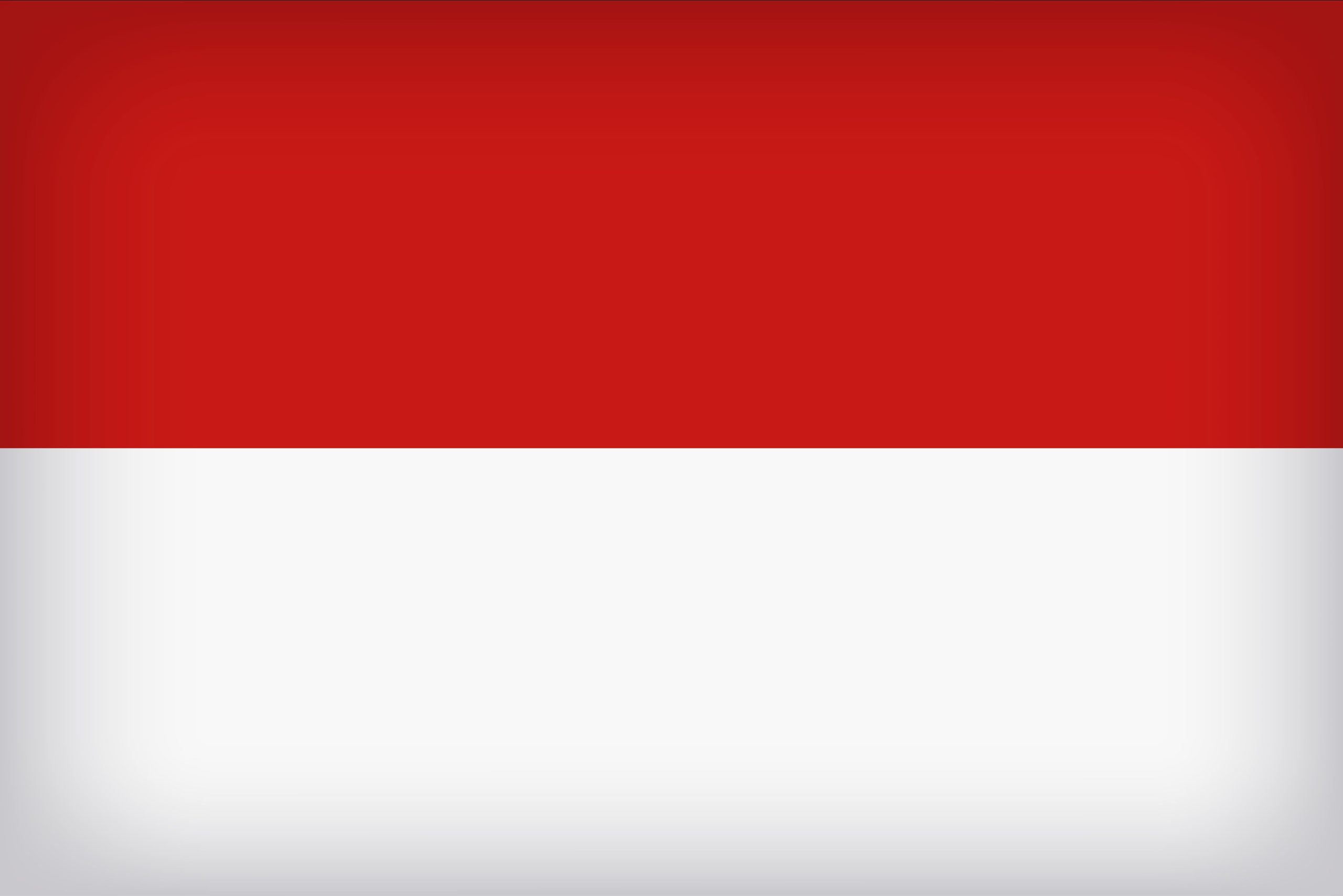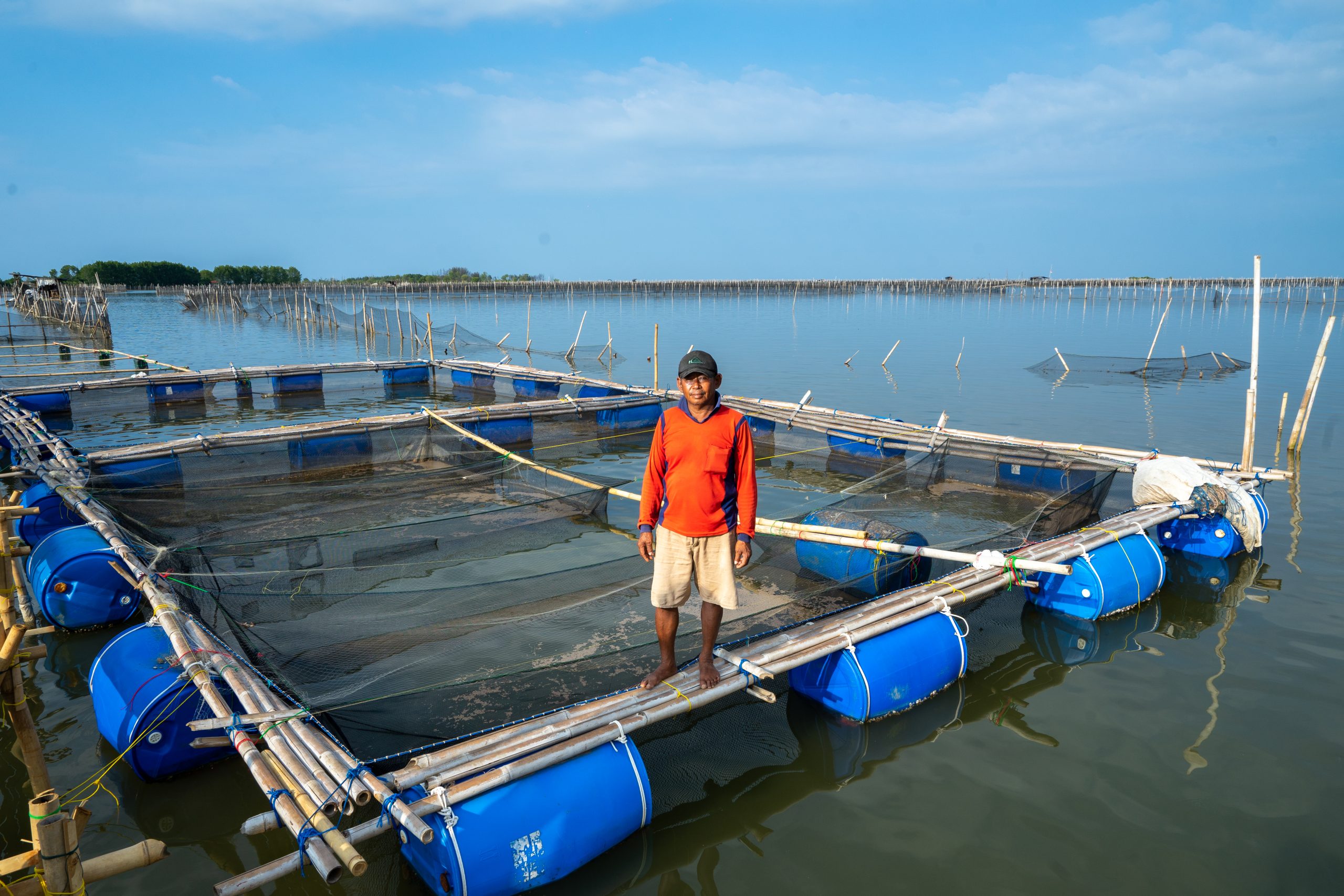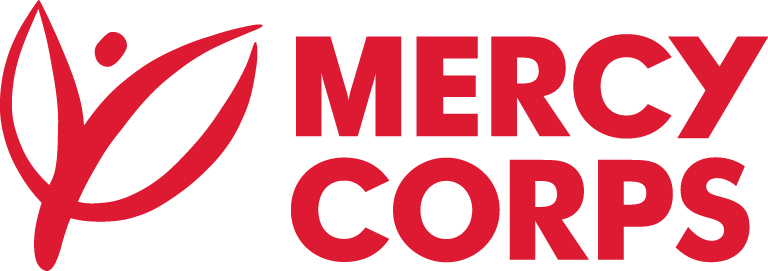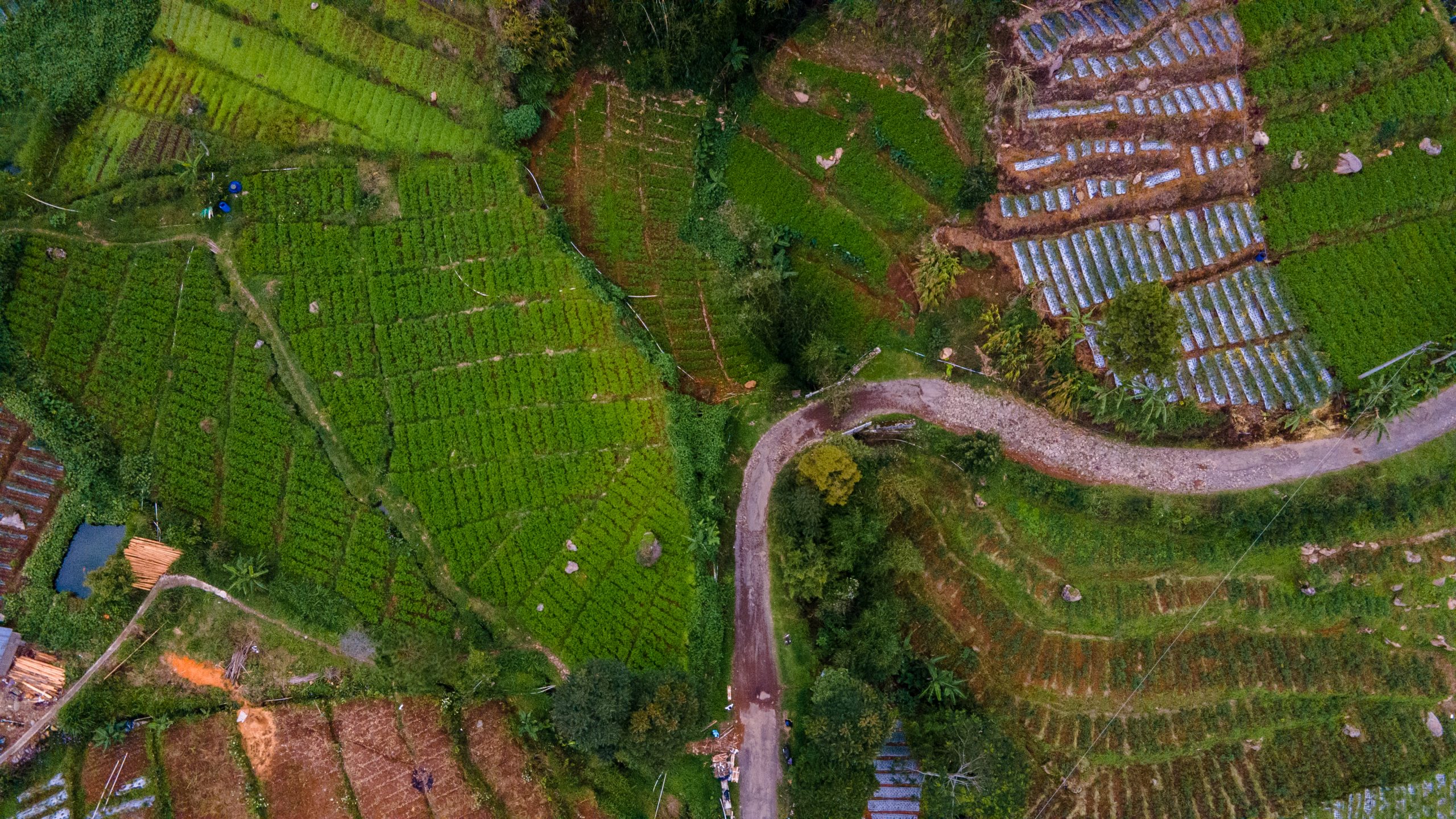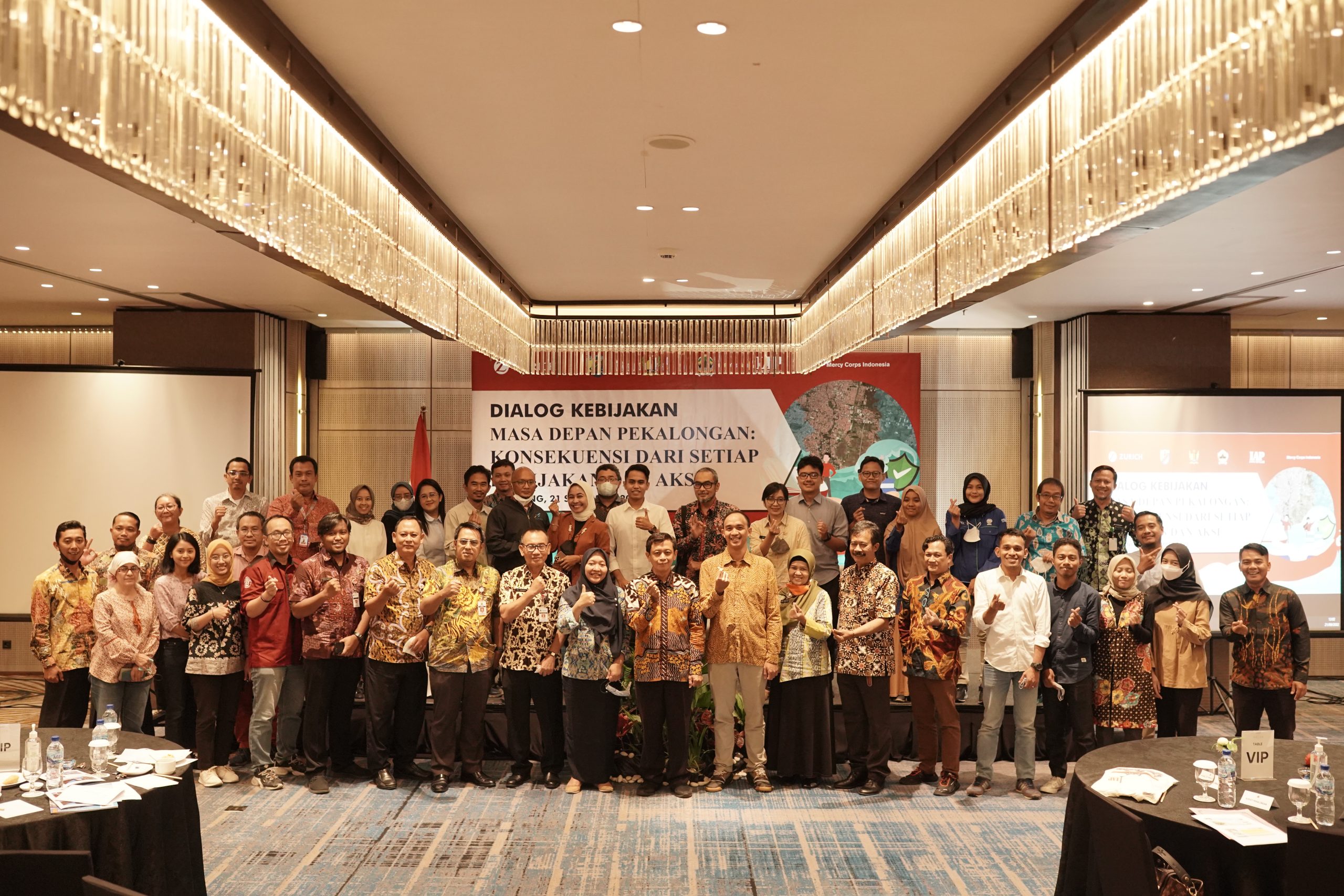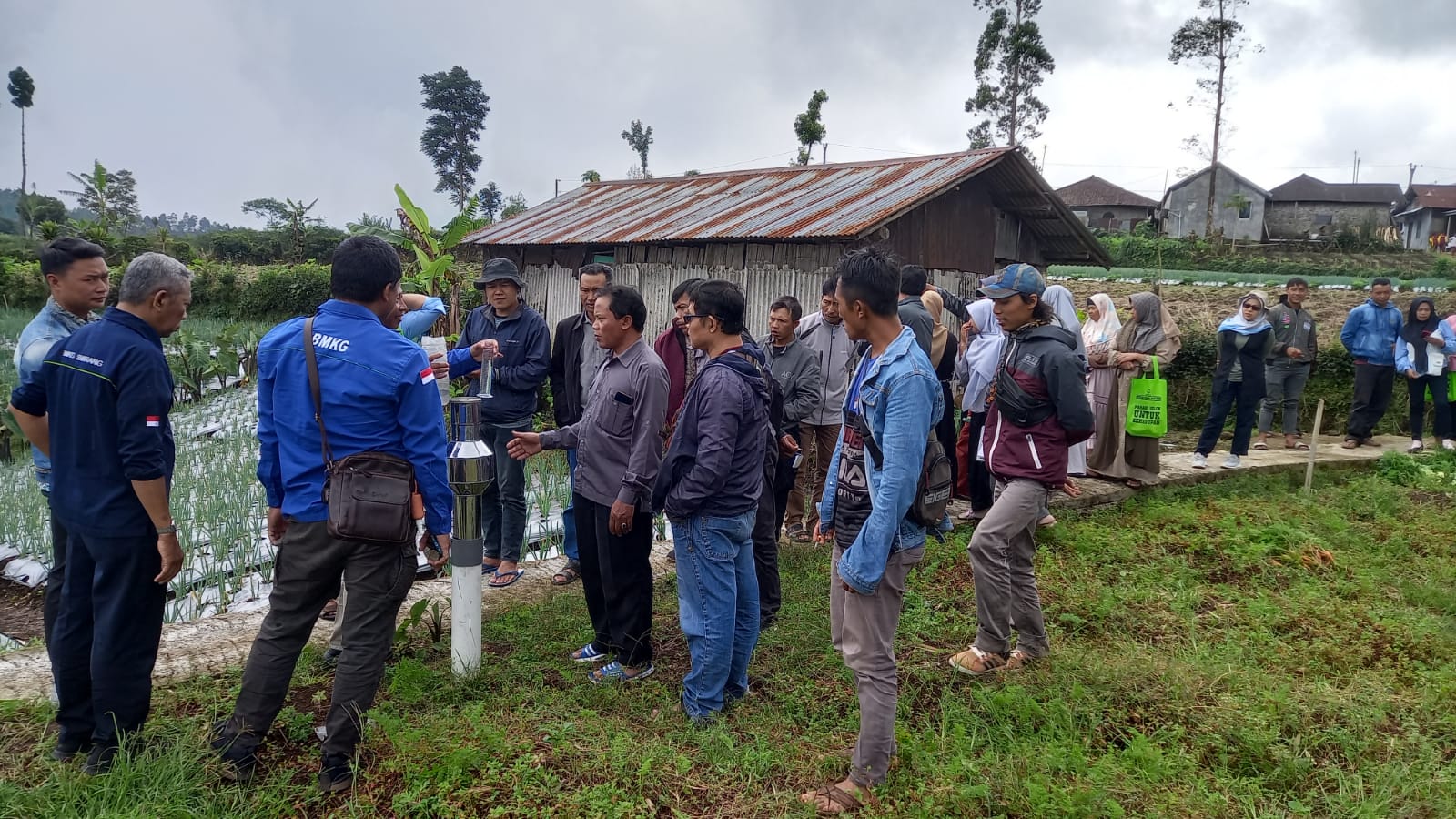Our impact so far
Indonesia ranks fifth in the world in terms of populations inhabiting lower elevation coastal zones vulnerable to sea level rise, with 60% of the population living along the 100,000 kilometres of coastline. Indonesia also ranked in the top-third of countries for climate risk, with high exposure to flooding and extreme heat. Without adaptation, over 4.2 million people are likely to be exposed to permanent flooding by 2070-2100.
According to Indonesia’s National Mid-term Development Plan 2020-2024, hydro-meteorological disasters are expected to intensify in the near and long-term future due to climate impacts. Rainfall is predicted to increase during wet season and decrease during dry season. Indonesia’s Climate Resilience Development Policy states that climate impacts in four key sectors (water, health, agriculture and coastal and marine sectors) could manifest into different risks, including: floods, decrease in water availability, increase in vector-borne disease, decrease in commodity production, ecosystem damage in coastal and marine areas, and impact on coastal slope from flooding. Indonesia's GDP losses due to these climate impacts in the four key sectors is expected to reach USD 7.9 billion in 2024.
As part of the Alliance, Mercy Corps Indonesia seeks to address the root causes of flooding and its impacts through both practical interventions and policy change. Ongoing collection of data and evidence, in partnership with leading research institutions, is informing local decision-makers on how to most effectively address flood risk and promote the strengthening of community resilience beyond infrastructure-based solutions, through resilient livelihood models. Mercy Corps Indonesia has also supported the national government on the development of climate change adaptation and climate resilience policy, as well as engagement with global-level climate conferences.
The future
Mercy Corps Indonesia seeks to empower vulnerable communities through robust and synergized landscape-based climate policies, availability of loss and damage governance, and impactful climate-resilient measures. Our outcomes will be:
- Strengthen international and national policy on how to address long term coastal flooding and inundation.
- National and local government policies support effective climate change resilience building.
- Flood-affected people living in watersheds in the North Coast of Central Java can thrive.
- Climate-responsive landscape-based management is fostered through the utilization of evidence to drive paradigm shift of stakeholders.
